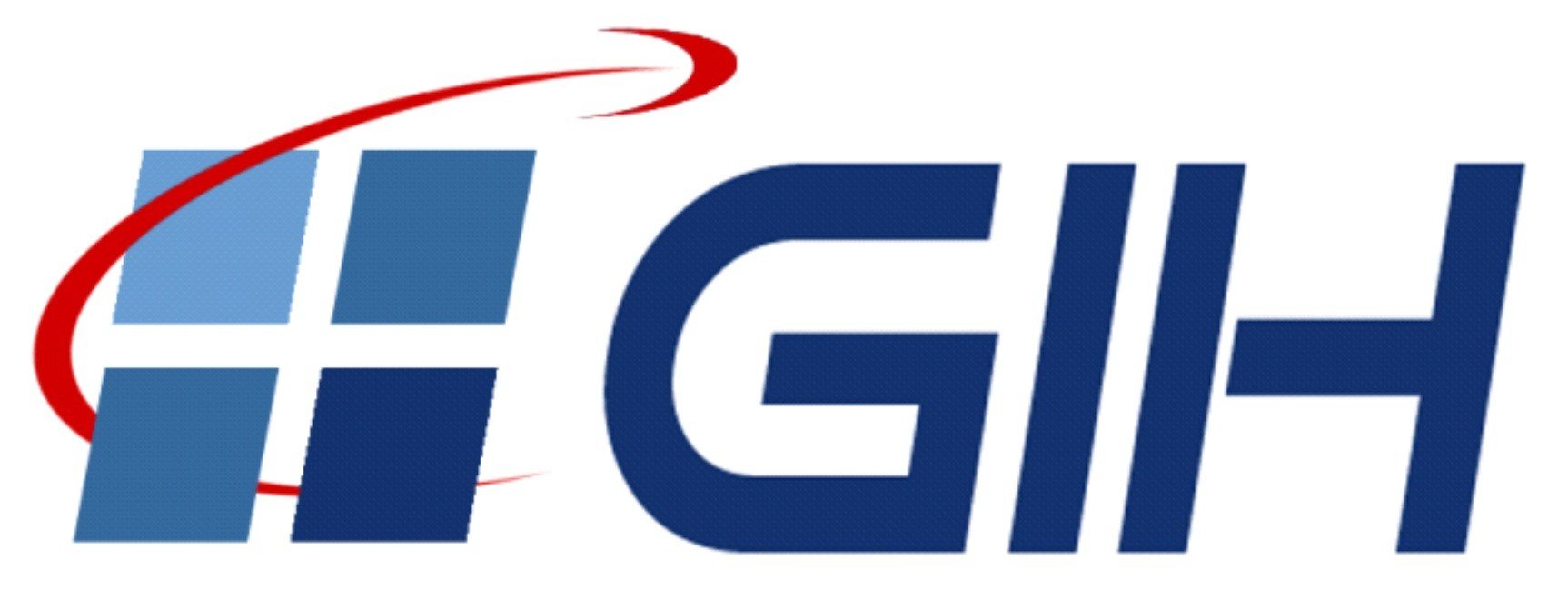Advanced Particle Filtering for Vehicle Navigation based on Collaborative Information
- verfasst von
- Rozhin Moftizadeh
- betreut von
- Hamza Alkhatib
- Abstract
In recent years, Multi Sensor Systems (MSSs) have become increasingly important in various engineering fields due to their capability in data acquisition. Georeferencing of such MSSs in a global coordinate system is essential for an effective data analysis. While the Global Navigation Satellite System (GNSS) and Inertial Measurement Unit (IMU) are generally well-suited for georeferencing in rural areas, their reliability and accuracy diminish in urban environments due to issues such as the multipath effect. Moreover, using the IMU data leads to drifted results over time, which makes the use of this sensor less accurate across all environments. To address these challenges, filtering frameworks are commonly used in applications such as localization. These frameworks are favored because they allow for the recursive estimation of states, leading to a more efficient usage of memory.
To effectively address the challenges of MSS georeferencing in urban areas, the current thesis harnesses environmental information. Specifically, geometric data from existing urban infrastructure serve as additional inputs to enhance the localization process. The work emphasizes two key requirements. Firstly, there must be a mathematically defined information source representing the urban environment. Secondly, additional detailed environmental data are needed to effectively relate the MSS to this information source. For this purpose, the MSS is equipped with advanced sensors such as LiDARs and cameras to gather a high volume of observational data. Given the variety of these sensors, it becomes vital to develop a versatile filtering framework. By incorporating uncertainty information for the sensors and the observed environment, both explicit and implicit observation models must be dealt with. Furthermore, due to the inherent and unavoidable uncertainties, the framework is designed to operate without reliance on preliminary assumptions.
This dissertation aims to enhance the accuracy of MSS georeferencing in urban areas by leveraging environmental information. A key contribution of this work is the development of a particle filtering framework capable of handling both explicit and implicit observation models under uncertainty. Such a feature accommodates a range of sensors, including LiDAR and cameras. To further improve computational efficiency, the framework is integrated with the Kalman filter.
The developed framework is used to georeference an MSS in both in a real-world application and a simulated case study. The minimum and maximum accuracy of the obtained georeferenced positions are confirmed to be in decimeter and centimeter-level, respectively. Additionally, the methodology is applied on a parameter estimation example to realize its performance in applications other than georeferencing. The final results validate that the developed framework meets its stated objectives, providing a promising solution not only for MSS georeferencing in urban environments; but also, for other applications involving a large number of observations.- Organisationseinheit(en)
-
Geodätisches Institut
Graduiertenkolleg 2159: Integrität und Kollaboration in dynamischen Sensornetzen
- Typ
- Dissertation
- Anzahl der Seiten
- 146
- Publikationsdatum
- 2024
- Publikationsstatus
- Veröffentlicht
- Elektronische Version(en)
-
https://dgk.badw.de/fileadmin/user_upload/Files/DGK/docs/c-941.pdf (Zugang:
Offen)






